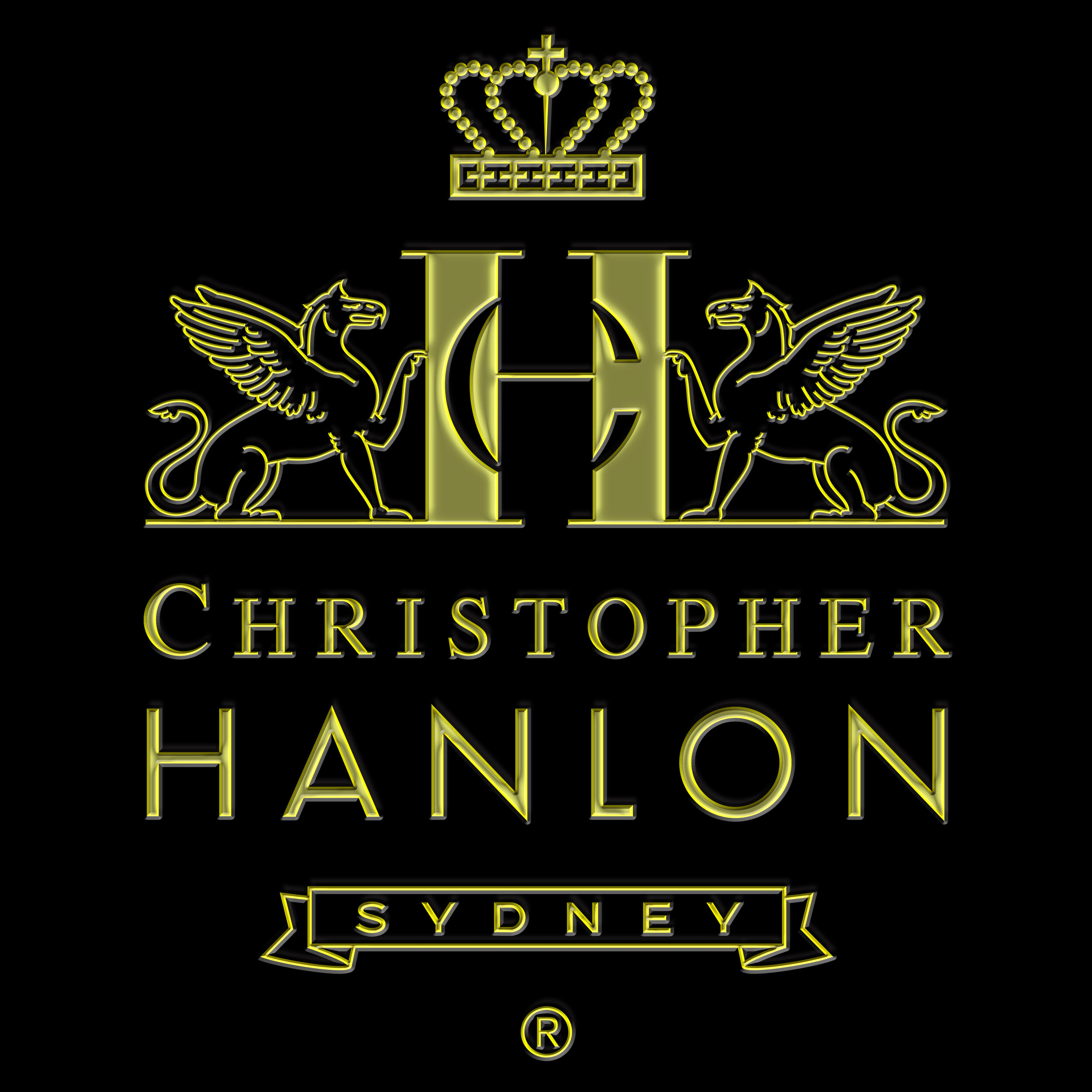MASTER THE ART OF PERFUME
Essentially the difference between making Perfume (Fr. parfum or extrait), Eau de Parfum, Eau de Toilette, After Shave and Cologne is the strength of the perfume oil they contain. Historically many believe some of the first perfumers were Egyptian priests who used aromatic perfume resins in both ceremonies and cosmetics. Hieroglyphics in Egyptian tombs demonstrate that perfume began as long ago as 3,000 BC. Ancient China also has a long history of perfume usage. In general terms and traditionally speaking Perfume contains 100% concentrated perfume (fragrance) oil whereas Eau de Parfum 12-25%, Eau de Toilette contains 8-12%, Cologne 2-6% and After Shave 5% or less. Formulations between perfumers always vary, which is why only broad guidelines can be provided. Historically Eau de Cologne originated from the town of Cologne, in Germany 1709, when it contained Citrus notes like Lemon, Orange, Tangerine, Clementine, Bergamot, Lime and Grapefruit; and was often mixed with Tobacco, Thyme or Rosemary. Nowadays however, as language and modern marketing has evolved, many people refer to Cologne as meaning a light Eau de Toilette irrespective of the ingredients. After Shave, on the other hand, is of similar strength to Cologne as it is intended to be applied directly to a man’s face after shaving. However it is formulated with skincare benefits (eg., antiseptics, anti-inflammatories and skin repair vitamins) and is in a liquid base such as witch hazel. Further confusions may arise when understanding the differences between the forms of Perfume (Fr. parfum or extrait). One may blur the meaning of Perfume by diluting the Perfume Concentrate Extract with a non-perfume oil (ie., a carrier oil such as mineral oil). This could be marketed as ‘Perfume Oil’ too. But in my humble opinion, it is nothing more than a diluted Perfume product and is not the genuine, most expensive form of Perfume (Fr. parfum or extrait) that contains the highest concentration of aromatic oils. To summarise, Perfume (Fr. parfum or extrait) is the pure concentrated oil whereas other products (eg., Eau de Parfum, Eau de Toilette, Cologne Intense, Cologne, After Shave, Body Spray and Body Oil) are derivatives at different strengths in a liquid base. Discover my latest aromatic creation… Christopher Hanlon COLOGNE. Sustainably presented in our first-ever 1875 Heritage Glass Bottle.
– CHRISTOPHER HANLON
THE COLLECTION
CHRISTOPHER HANLON® Perfume contains 100% Pure Perfume Aromatic Oil. This exclusive CHRISTOPHER HANLON® product is up to 500% more intense and longer lasting than conventional Perfume. Each bottle of Perfume is handmade by Christopher - a practice he began over a quarter of a century ago.
Contains 35% of Christopher’s Exclusive Perfume Oil. Blended in a Crystal-Clear Sugarcane Base.
Contains 15% of Christopher’s Exclusive Perfume Oil. Blended in a Crystal-Clear Sugarcane Base.
PERFUME | EAU DE TOILETTE | COLOGNE | CANDLE | ROLLERBALL
THE ANOINTING BEAUTY RITUAL




